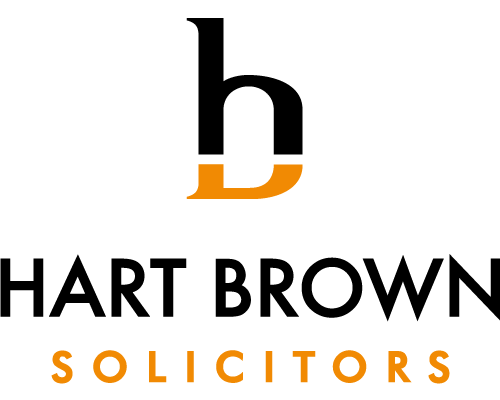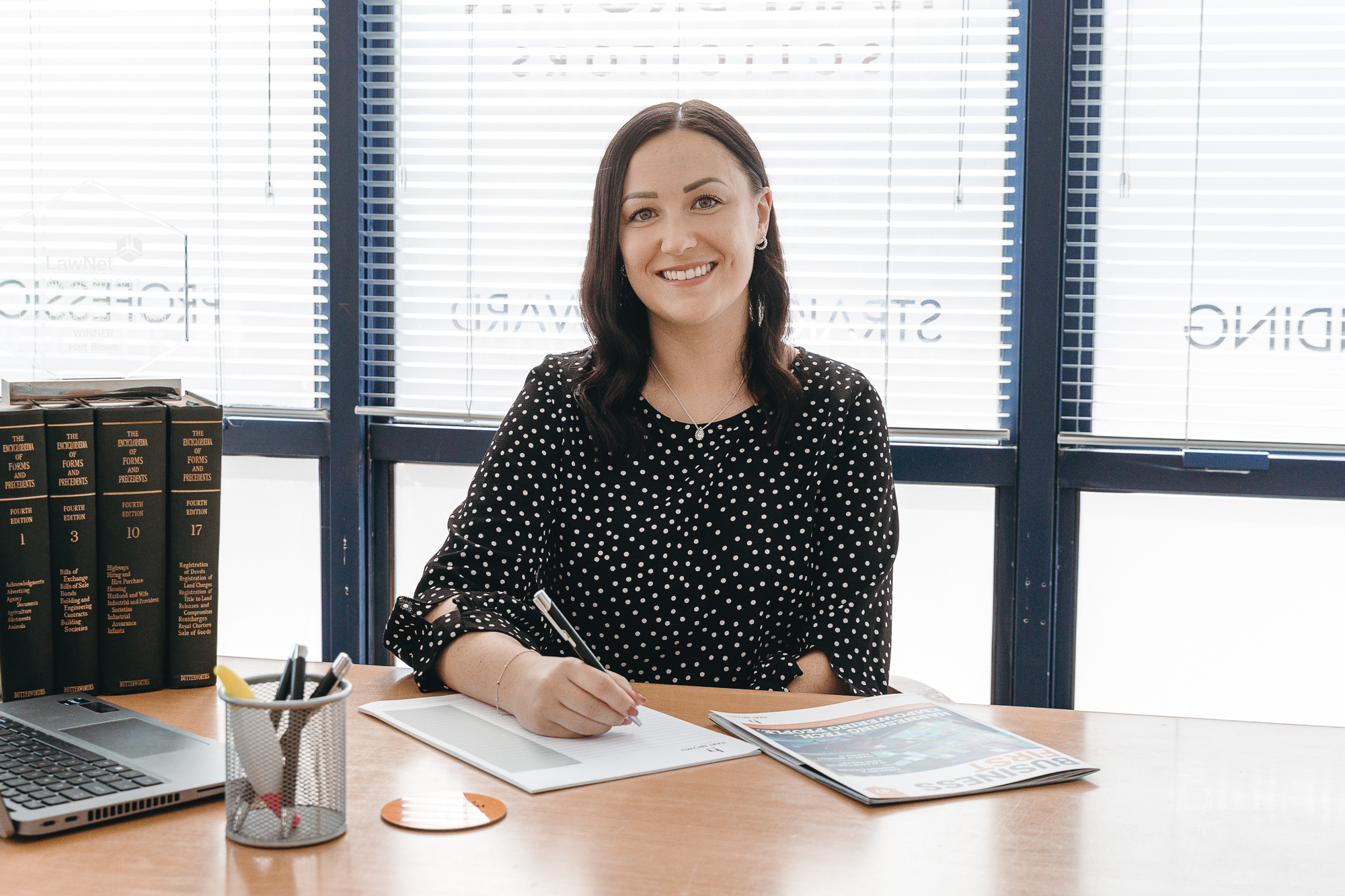Clients are increasingly exploring the use of pension schemes to acquire commercial property, often as part of a wider tax or succession planning strategy. Two of the most commonly used pension vehicles for this purpose are Self-Invested Personal Pensions (SIPPs) and Small Self-Administered Schemes (SSASs).
While both offer the ability to hold commercial property as a pension investment, they differ in terms of structure, control, and the legal considerations involved in a property transaction.
Control and Scheme Structure
From a property solicitor’s perspective, one of the most immediate differences between a SIPP and a SSAS is who controls the scheme and, by extension, the property purchase process.
SIPPs are generally administered by regulated pension providers, who act as trustees and are responsible for scheme compliance. As such, any property purchase must be approved by the provider, who will often impose their own conditions and due diligence requirements. This can be helpful in terms of ensuring regulatory compliance, but it can also result in a slower transaction process if your legal adviser does not regularly work closely with pension providers.
By contrast, whilst you can open a SSAS with a pension provider, a SSAS is typically established by a limited company for the benefit of directors and key employees. The members of the SSAS usually act as trustees and therefore have direct control over investment decisions. This can allow for a more commercial and pragmatic approach to property acquisition, provided trustees remain mindful of their fiduciary duties and obtain appropriate professional valuations and legal advice.
Acquiring and Leasing Commercial Property
Both SIPPs and SSASs can be used to acquire commercial property, including offices, industrial units, retail premises, and land for development. We regularly advise clients using both structures to purchase properties either on the open market or from connected parties, such as their own trading company.
With connected-party transactions it is important to note that pension providers will require the transaction to be at market value (and will therefore be independently valued), properly documented and comply with HMRC regulations to avoid unauthorised payment charges.
This is a particularly attractive option for owner-managed businesses seeking to extract value from a property they already own while keeping it within a tax-efficient structure.
Legal Considerations
From the legal standpoint, acting for a pension scheme often involves dealing with detailed provider requirements and lender-imposed constraints. This can be more administrative in nature and requires careful attention to detail.
Conclusion
Whether a client uses a SIPP or a SSAS to acquire commercial property will depend on their business structure, investment goals, and appetite for involvement in scheme governance.
Whichever route is chosen, early legal advice is vital to structure the transaction correctly, ensure full compliance and protect the long-term value of the pension and property asset.
To discuss this, or any other Commercial Property related matter with Isobel directly, please call 01483 887766, email info@hartbrown.co.uk or start a live chat today.
*This is not legal advice; it is intended to provide information of general interest about current legal issues.





